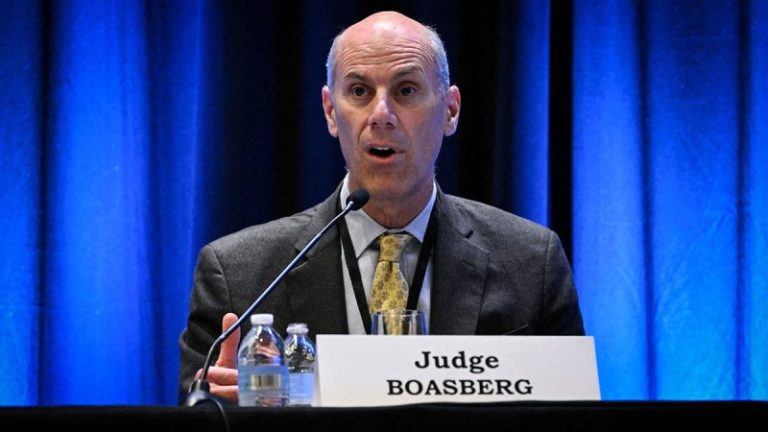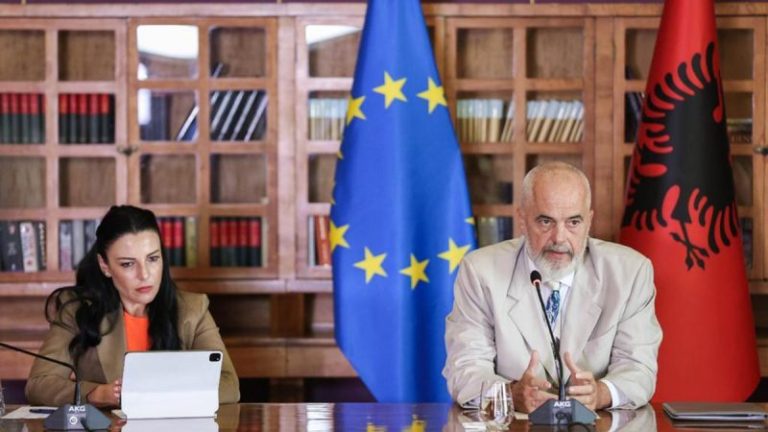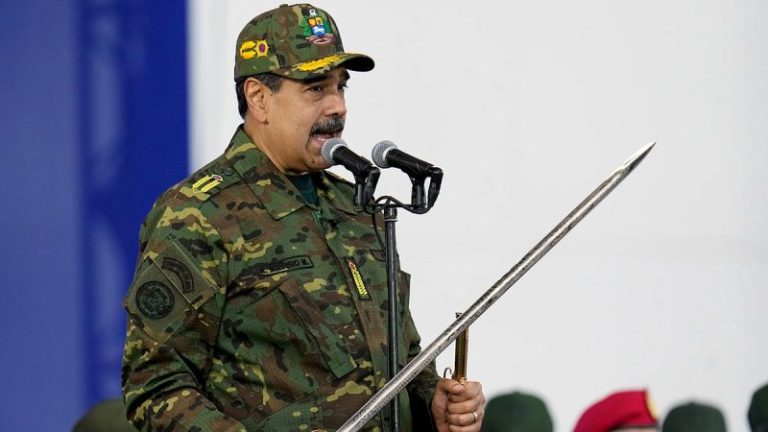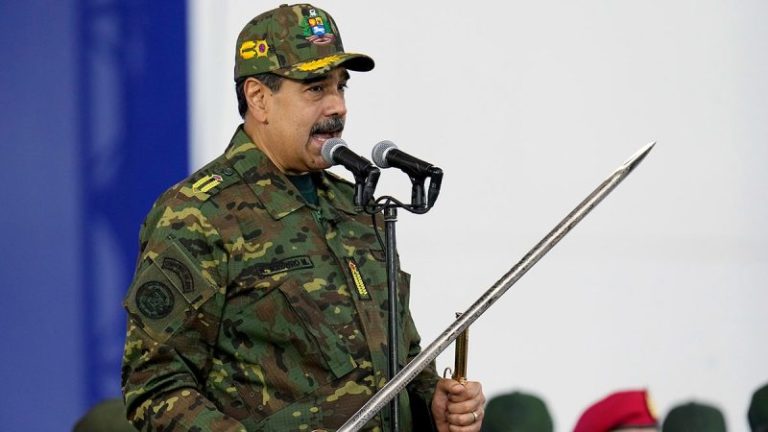The post Big Week for Bitcoin as Major U.S Economic Events This Week appeared first on Coinpedia Fintech News
This week is lined up for the key U.S. economic events, including jobs data, CPI data, and a Fed speaker’s speech. These events could strongly impact Bitcoin and the overall crypto market.
The cryptocurrency market is already under pressure, with its total value falling from $4.1 trillion to approximately $3.05 trillion. Many traders are now watching this data closely, hoping positive news can ease the stress on prices.
Dec 16: US Unemployment Rate & NFP
On Tuesday, December 16, the US will release unemployment and Non-Farm Payrolls (NFP) data. Economists expect the economy to add only 50,000 jobs, much lower than in previous months.
Last month, job numbers crossed 200,000, and Bitcoin, Ethereum, XRP, and Solana fell 3% to 7% within a day. If jobs data beats expectations again, crypto prices could face fresh selling.
The US unemployment rate is also expected to rise to 4.5%, up from 4.4%. Higher unemployment could support markets, but strong job data may hurt crypto.
DEC 17: Fed Speakers Speech Lined Up
On Wednesday, December 17, several Federal Reserve officials will speak, including Chris Waller and Stephen Miran. Markets now see a 0% chance of a January rate cut, down from nearly 25% just one month ago.
Any hint of higher rates could push crypto lower, while softer comments may bring short-term relief.
DEC 18: CPI Data To Release
On Thursday, the US will release the November Consumer Price Index (CPI) data. The Nov data suggests inflation could rise around 3%, with core inflation close to 2%. Meanwhile, prediction platform Polymarket shows a 90% chance CPI stays near 3%.
In the last CPI release, inflation came in at 3%, lower than expected, helping Bitcoin bounce.
Dec 19: BOJ Rate Decision
On Friday, December 19, the Bank of Japan will decide whether to raise interest rates. Most markets expect a 25 basis point hike, and prediction platform Polymarket shows a 98% chance of this happening. A rate hike usually pulls money away from risky assets like crypto.
Some experts warn that the increase could be larger than expected. If that happens, global markets may react sharply.
Meanwhile, crypto analyst Merlijn The Trader believes Bitcoin could fall 20–30% after December 19, possibly pushing prices below $70,000.
Bitcoin & Altcoin to Face Volatility Ahead
Looking ahead, if jobs and inflation data come in weak, crypto prices could bounce. But strong data and higher rates may trigger more selling.
Traders expect volatility to rise 1.5x to 2x above normal levels this week. Bitcoin and altcoins could move fast in either direction.
As of now, Bitcoin trades near $90,000, down almost 30% from its recent high of $126,000, showing just how sensitive crypto remains to economic news.










